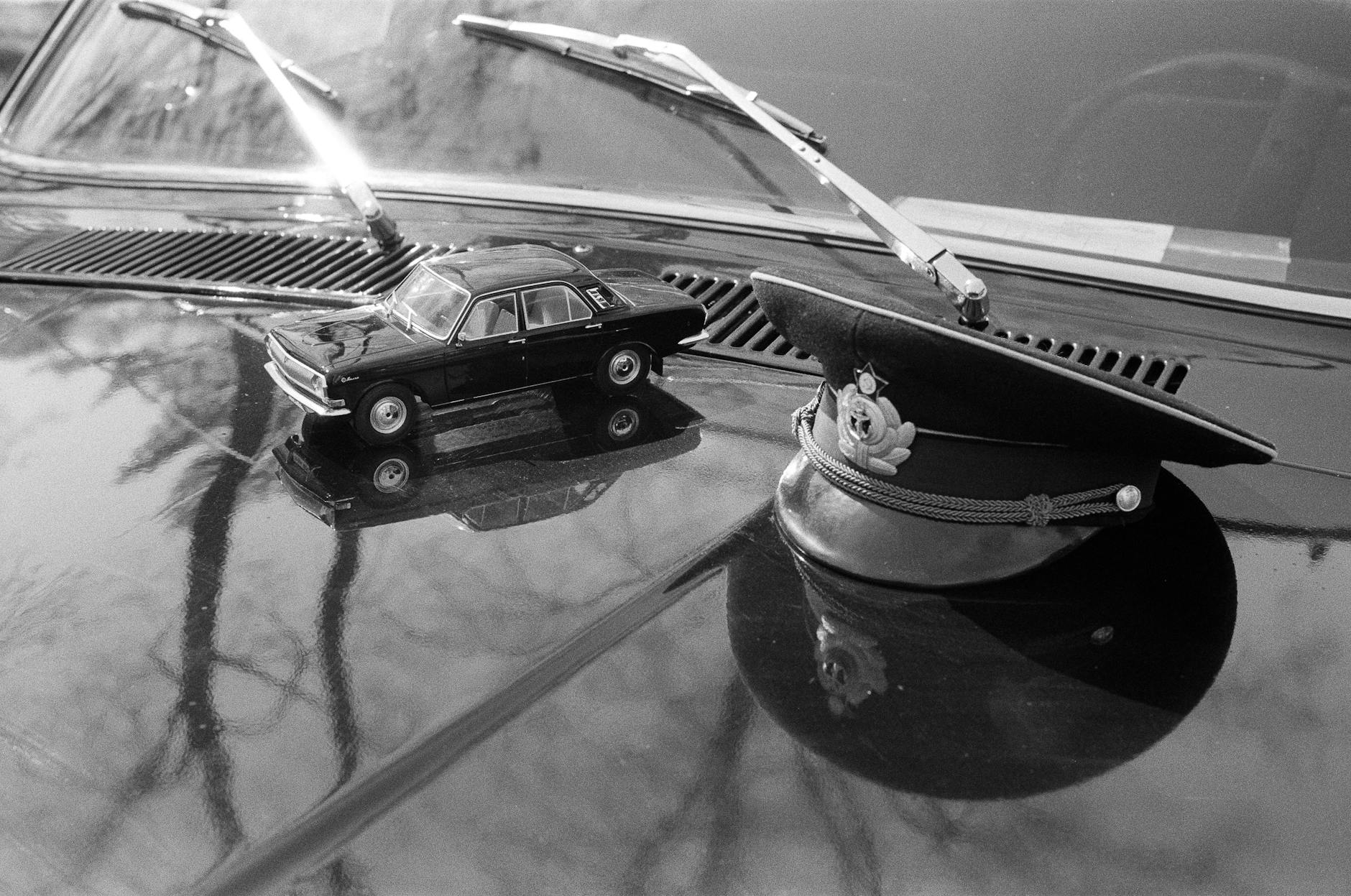Oops! What If You Fail a Police Check?

Navigating the waters of employment and opportunity often involves background checks, including the all-important police check. But what happens when a routine check comes back with an unexpected result? If you've recently failed a police check, you might feel anxious and unsure about what to do next. However, despite the setback, there are steps you can take to address any issues that arise and protect your future opportunities. Here's what you need to know and the paths you can take to bounce back.
Understanding Why You Failed the Police Check
The first step when you fail a police check is to understand why. The results could include a range of findings, such as:
- Criminal convictions
- Pending court cases
- Findings of guilt with no conviction
- Court orders
Request a Full Report
Before you can address the issue, you must obtain the complete details of the police check. This often includes requesting a full report that explains the nature of the marks on your record that led to the failed result.
Rights to Appeal or Explain
Know your rights when it comes to disputing or explaining the results of a police check. Depending on your jurisdiction, there may be different laws and processes in place.
Disputing Errors
If the police check contains factual inaccuracies or errors, you have the right to dispute them. Contact the agency that conducted the check and provide evidence to correct the mistake.
Providing Context
Sometimes, a police check may reveal past infractions for which there is context or mitigating circumstances. You may be able to submit a statement or supporting documentation that explains the situation. This is particularly important if the recording was due to a misunderstanding or an issue that has since been resolved.
Addressing a Failed Police Check in Job Applications
Be proactive when applying for jobs or opportunities. Consider the following:
Honesty is the Best Policy
Be upfront about any issues that might come up in a police check during your job application process. Employers appreciate honesty, and it allows you to control the narrative.
Prepare Your Explanation
Prepare a coherent explanation of what happened and what you've learned or how you've changed since then. Employers will want to know that past issues won't affect your current or future performance.
Improving Your Record
In some cases, it might be possible to improve your criminal record over time.
Rehabilitation and Good Behavior
Adhering to laws and exhibiting good behavior over time may positively affect your record. Some jurisdictions even have formal processes for demonstrating rehabilitation and potentially expunging or sealing past offenses.
Legal Advice
Consider seeking legal advice to understand your options. A lawyer can guide you through processes like expungement if it's available to you.
Planning for the Future
Moving forward, it is crucial to plan strategically:
Career Paths Without Strict Checks
Certain career paths may not require strict police checks. Research industries that are more lenient regarding criminal records and consider gaining skills that would be valuable to those fields.
Continuous Personal Development
Invest in your personal development, both professionally and personally. Building a positive track record through community service, education, or commendable work history can serve as a strong counterbalance to past mistakes.
Final Thoughts
Failing a police check isn't the end of the road. By understanding the reason behind the failure, exercising your rights to appeal or provide context, addressing the situation openly with potential employers, and taking proactive steps towards personal development and rehabilitation, you can safeguard and even create new opportunities. While a failed police check can be a stumbling block, it need not determine your future.
Remember, it's about how you bounce back and move forward that truly defines you. Stay informed, act wisely, and you'll navigate through this challenge strategically and effectively.